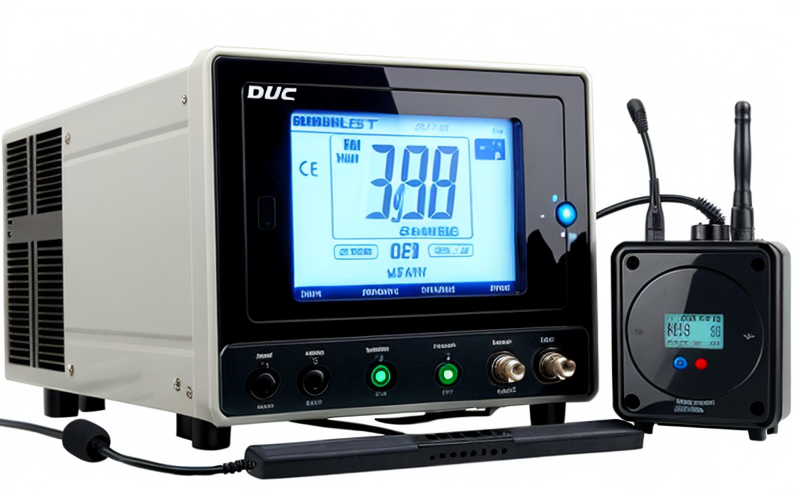Drone RF Communication and Interference Testing
In recent years, drones have become indispensable tools in various sectors including agriculture, surveillance, delivery services, and entertainment. Ensuring reliable and interference-free radio frequency (RF) communication is critical for the safe operation of these unmanned aerial vehicles (UAVs). This service focuses on testing drone RF communication systems to ensure they meet international standards and perform optimally under real-world conditions.
Our lab specializes in evaluating the RF performance of drones by simulating various environments where potential interference could occur. This includes urban areas with numerous electronic devices, rural settings, and complex terrain. Testing ensures that drones can operate effectively without signal loss or disruption, which is essential for mission-critical applications like search and rescue operations.
Testing involves a series of rigorous procedures to assess the RF communication systems' resilience against interference sources such as Wi-Fi networks, Bluetooth devices, cellular towers, and other electronic equipment. We use state-of-the-art test facilities equipped with high-sensitivity receivers capable of detecting even the weakest signals in crowded electromagnetic environments.
The process begins with a detailed analysis of the intended deployment scenario to identify potential interference sources. This information is used to design comprehensive test protocols that simulate actual operating conditions. Our team then conducts tests using advanced RF measurement equipment, ensuring accurate and reliable data collection.
After testing, we provide detailed reports outlining the performance metrics, including signal strength, bandwidth utilization, error rates, and interference levels. These reports serve as valuable tools for manufacturers to improve their products and comply with regulatory requirements. Regulatory compliance is a key aspect of our service, ensuring that all tests adhere to international standards like IEEE 1755-2011 for UWB communication in drones.
| Parameter | Description |
|---|---|
| Signal Strength | Measures the received power level of RF signals. |
| Bandwidth Utilization | Evaluates how efficiently bandwidth is used by the communication system. |
| Error Rates | Assesses the number of transmission errors per unit time. |
| Interference Levels | Determines the impact of external sources on RF communication. |
Scope and Methodology
The scope of our drone RF communication and interference testing encompasses a comprehensive set of procedures designed to ensure the robustness and reliability of UAVs' RF communication systems. The methodology involves several key steps:
- Environmental Simulation: Creating realistic scenarios that mimic actual operating environments.
- Interference Analysis: Identifying potential interference sources through detailed surveys.
- Testing Protocols Development: Designing test plans based on identified environmental factors and interference sources.
- Signal Measurement: Utilizing advanced RF measurement equipment to capture data accurately.
- Data Analysis: Processing collected data using specialized software tools to derive meaningful insights.
Eurolab Advantages
At Eurolab, we pride ourselves on delivering top-tier services with unparalleled expertise and precision. Our advantages in drone RF communication and interference testing are numerous:
- State-of-the-Art Facilities: Equipped with the latest technology to ensure accurate measurements.
- International Standards Compliance: Ensuring all tests adhere to global standards like IEEE 1755-2011.
- Experienced Engineers: Our team consists of industry professionals with extensive experience in RF testing.
- Comprehensive Reporting: Providing detailed and actionable reports that guide continuous improvement.
Why Choose This Test
- Regulatory Compliance: Ensures that your products meet all necessary regulatory requirements.
- Risk Mitigation: Identifies potential issues early, minimizing costly rework and delays.
- Enhanced Performance: Improves the overall performance of RF communication systems in drones.





